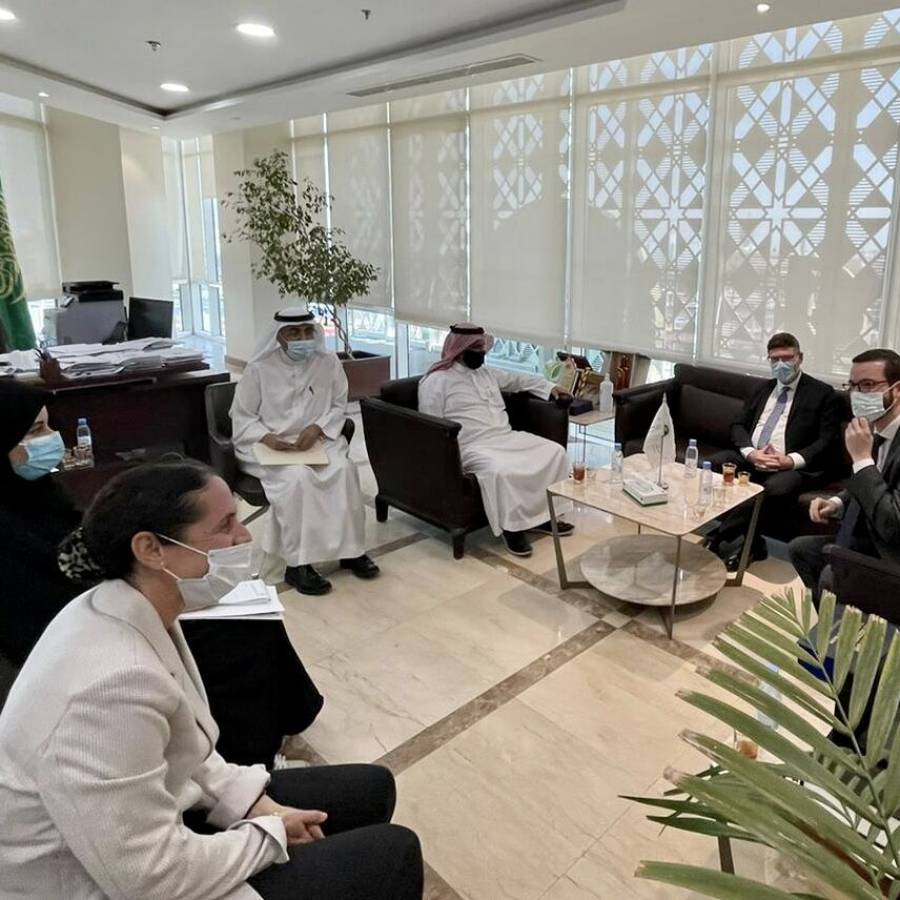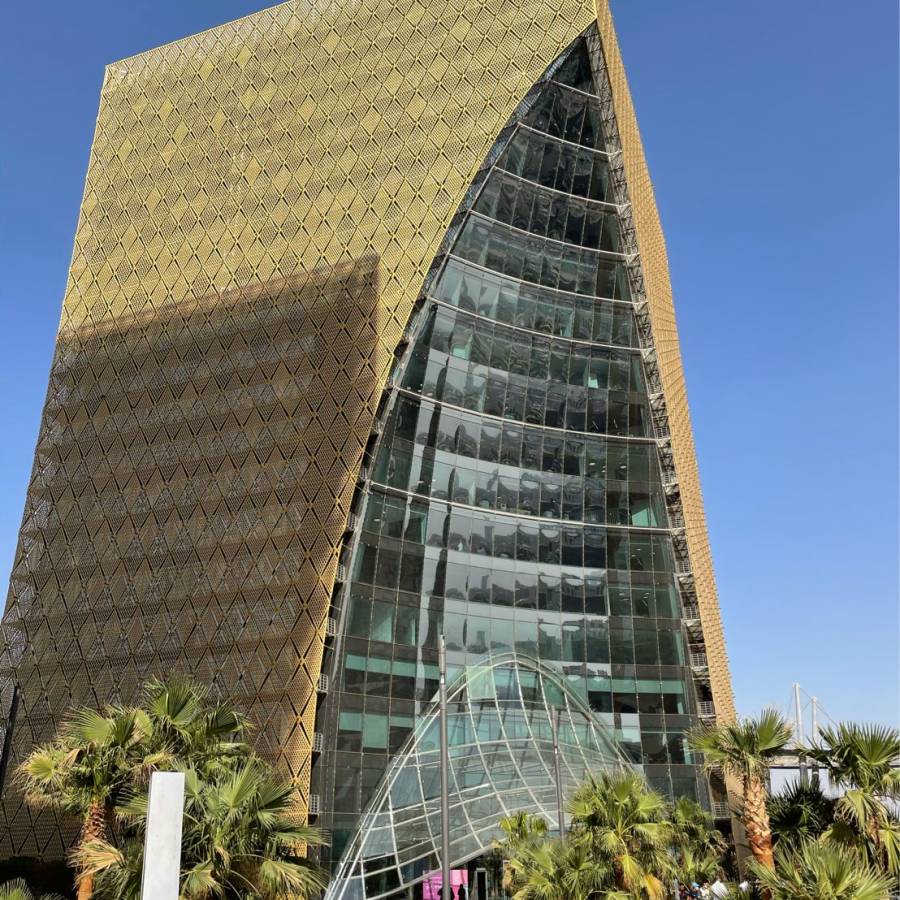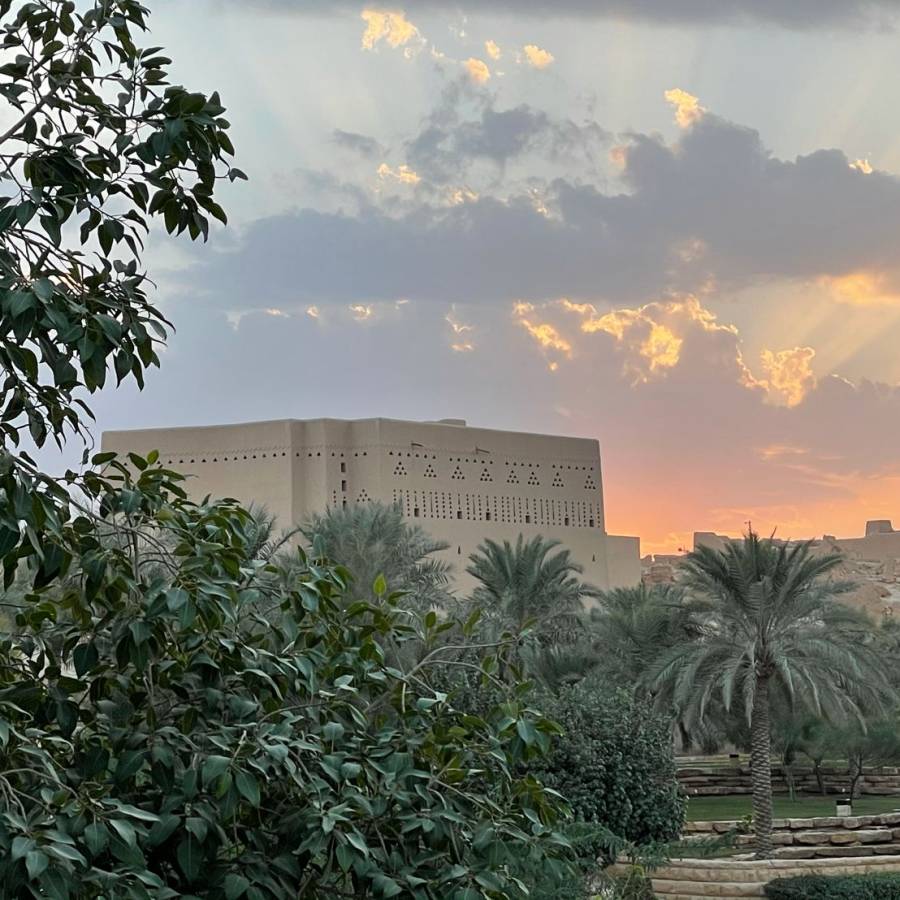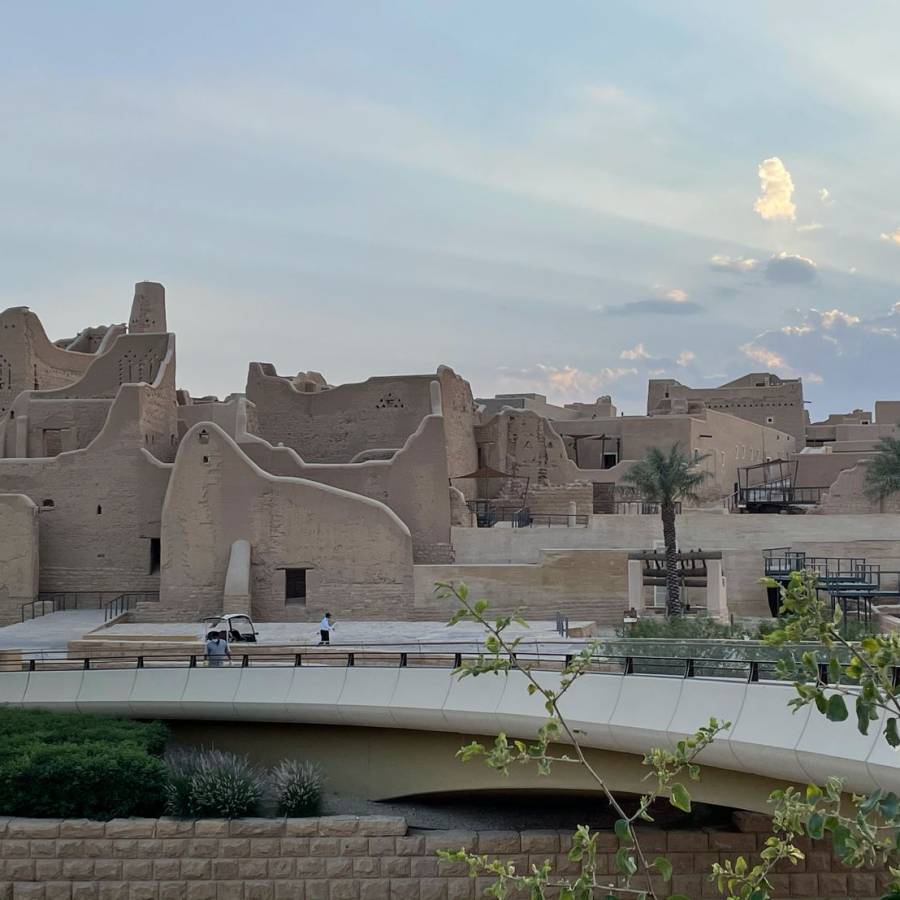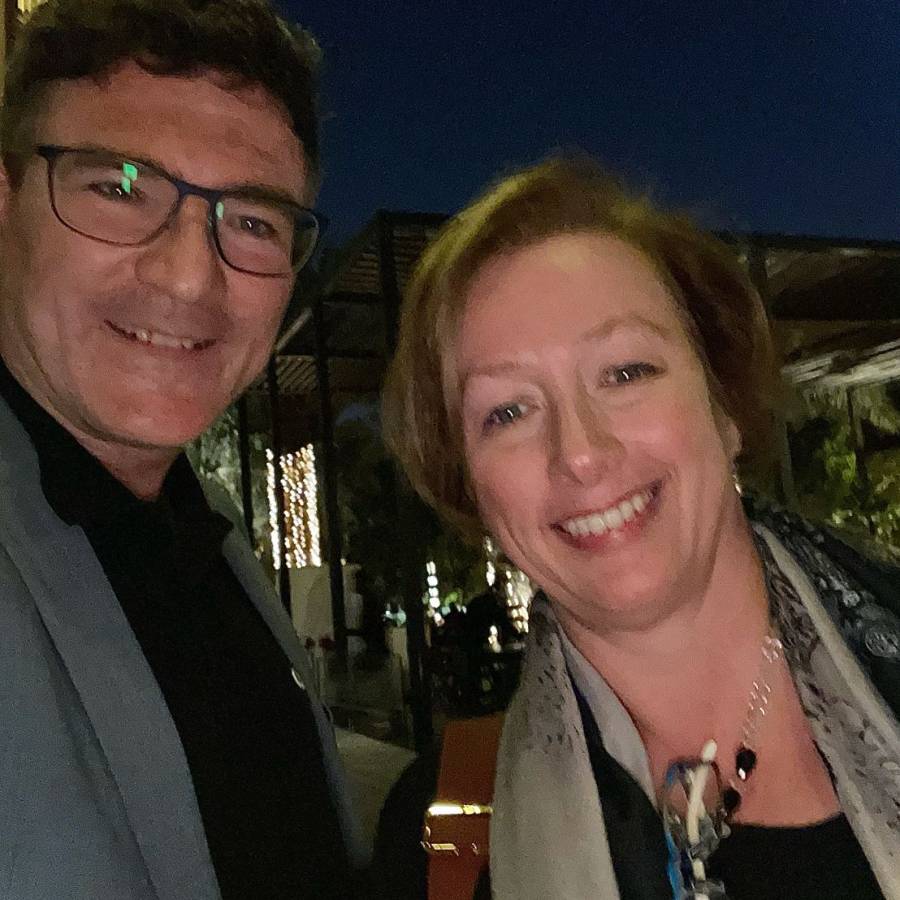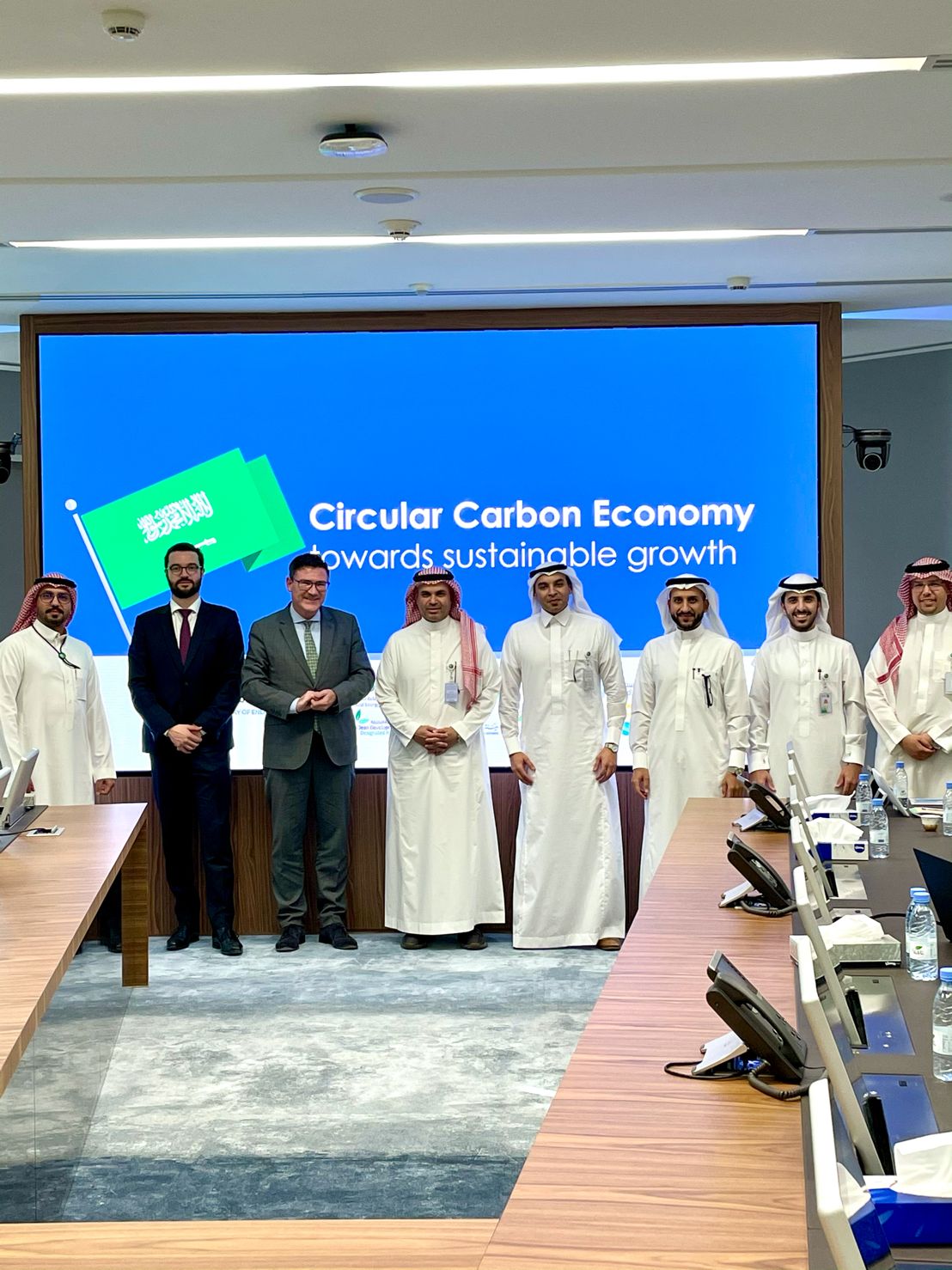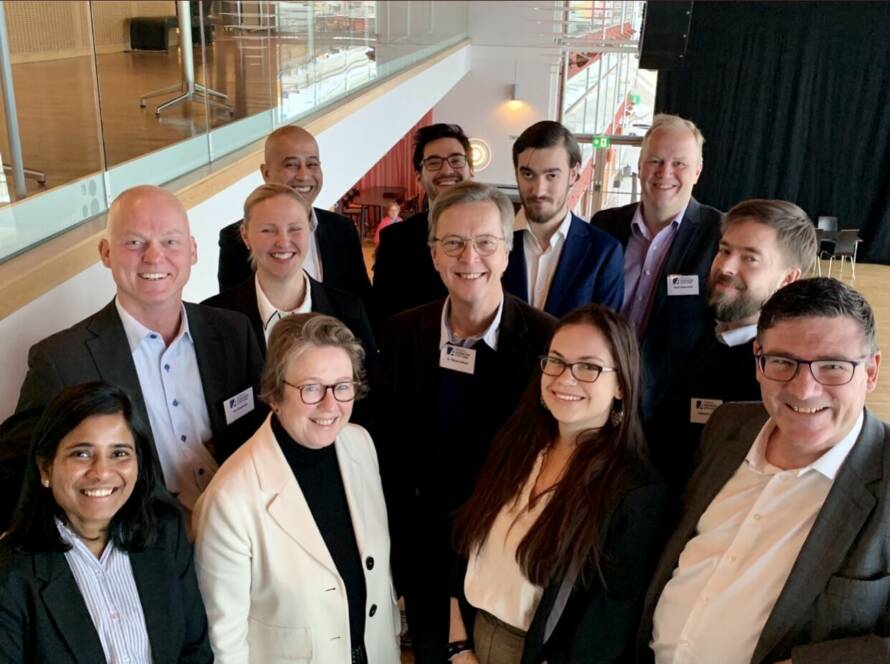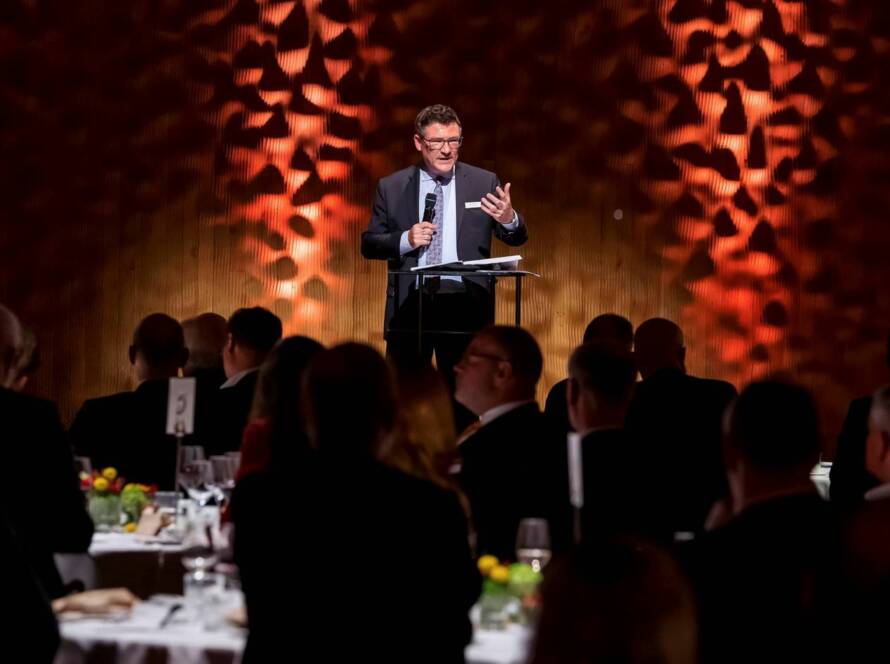A keynote in Dubai at Dii Desert Energy, the invitation of a good school friend who has been working as Chancellor at the German Embassy in Riyadh for the past 2 years, and the NEOM project, which has received worldwide attention and is largely driven by German managers: at least three reasons for a short visit to Saudi Arabia. In high-level talks at the Ministry of the Environment and the Ministry of Energy, at the Delegation of German Business for Saudi Arabia, Bahrain and Yemen (Gesalo) with companies such as thyssenkrupp, Siemens and Fichtner, as well as visits to research institutions such as KAPSARC, the focus was – of course – primarily on hydrogen and thus also on renewable energies and #climate protection. Saudi Arabia presented itself as a competitive location for the industrial production and export of green and blue hydrogen; it sees hydrogen as an important building block of an energy and climate policy reorientation. Hydrogen is given high priority in the economic reform programme “Vision 2030” and also in the net-zero emissions scenario by 2060 recently announced as part of the Saudi Green Initiative. A national #hydrogen strategy is currently being developed under the leadership of the Ministry of Energy and is to be published in the next few months. The importance of the Circular Carbon Economy was also pointed out in the talks. In terms of CO2 reduction, this is about the “4 Rs”: Reduce, Reuse, Recycle, Remove.
With regard to Germany, Saudi Arabia would like to see long-term purchase guarantees in addition to investments to increase the local share of value creation. To this end, the Saudi government encourages bundled purchase commitments from at least 🇩🇪 and 🇫🇷, but better still from the entire EU. Then the construction of a hydrogen pipeline from the Gulf to 🇬🇷 or 🇮🇹 could also be profitable.
Conclusion: despite all the political imponderables, possibilities for deepening cooperation with Saudi Arabia should be explored, especially with the Ministry of Energy to establish supply partnerships, with the Ministry of the Environment on topics of circular economy and with the partly excellent research institutions such as KAPSARC to establish research cooperation and exchange programmes for scientists.
